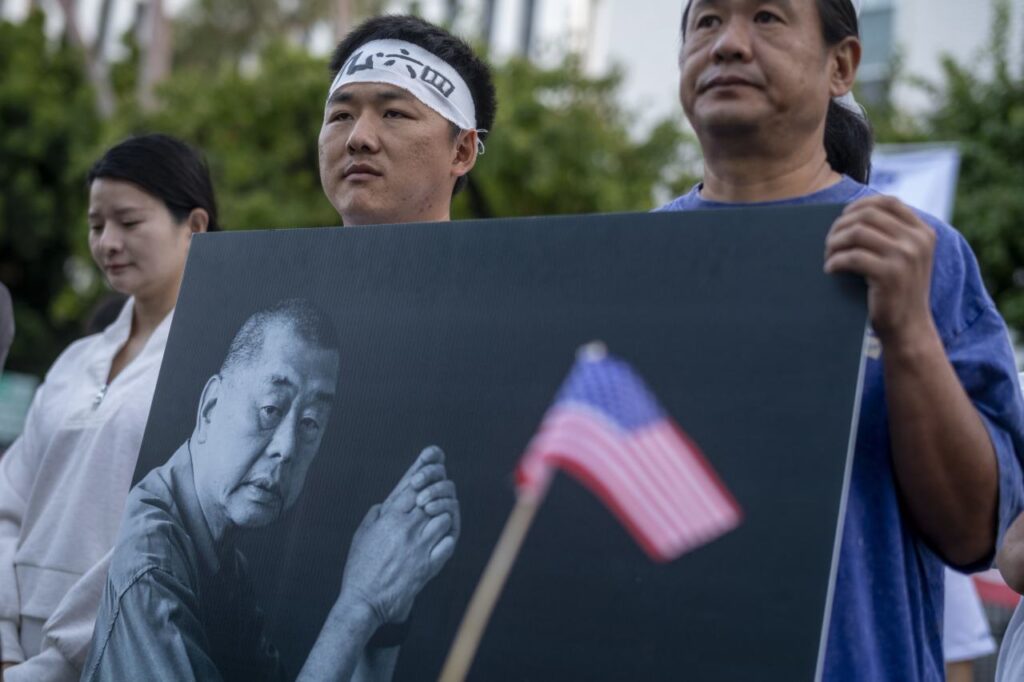
The ongoing imprisonment of Jimmy Lai, a prominent Hong Kong publisher and pro-democracy advocate, has placed significant strain on the city’s international reputation. At 77 years old, Lai continues to serve time in prison, a situation many observers believe threatens both Hong Kong’s and China’s standing on the global stage.
Lai, the founder of the now-defunct Apple Daily, has been a vocal critic of the Chinese government. His arrest under the controversial National Security Law imposed by Beijing in 2020 sparked widespread condemnation. Legal experts and human rights advocates argue that his prosecution exemplifies a broader crackdown on freedom of expression and political dissent in Hong Kong.
Implications for Hong Kong and China
The ramifications of Lai’s case extend beyond individual rights. Analysts suggest that the handling of his prosecution has serious implications for Hong Kong’s business environment and its role as an international financial hub. The city, once celebrated for its vibrant media landscape, now faces increased scrutiny from foreign governments and organizations.
According to data from the Freedom House, Hong Kong’s press freedom ranking has plummeted, drawing attention from international media and watchdogs. The 2023 report highlights a significant decrease in journalistic autonomy, attributing it largely to the enforcement of the National Security Law.
Furthermore, Lai’s continued detention may deter foreign investment and tourism, as potential investors weigh the risks of operating in a jurisdiction perceived as increasingly authoritarian. The international community, including the United Nations, has called for his release, emphasizing that his prosecution undermines the rule of law and human rights in Hong Kong.
A Path Forward for Hong Kong
Experts argue that a diplomatic approach may be necessary for Hong Kong to navigate this precarious situation. Engaging in dialogue with the international community could help restore trust and bolster the city’s reputation. Many suggest that addressing the concerns raised by Lai’s case and other similar incidents might pave the way for improved relations with Western nations.
Hong Kong’s leadership faces a critical decision: to continue down the path of stringent controls or to seek a more balanced approach that respects individual freedoms while maintaining order. As the world watches, the stakes have never been higher.
The implications of Lai’s prosecution reverberate far beyond the courtroom, touching the lives of many and shaping the future of Hong Kong. The international community remains hopeful that a resolution can be reached, one that honors the city’s legacy of freedom and expression.







